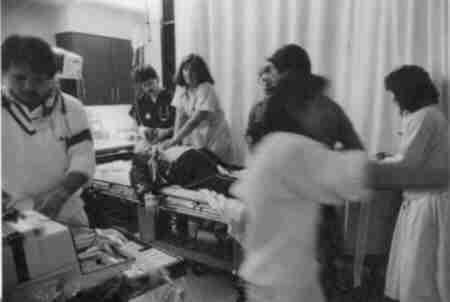![]()
Search
Recent Posts
- ChangingAging.org Redesign -- Please Bookmark!
- Disaster in Buffalo
- Power Up Friday
- Blanchard WinsDays
- Kevin Frick writes...
- Monkhouse Monday
- Getting Closer!
- Blanchard WinsDays
- Power Up Friday
- My Pick for Health and Human Services
- Understanding Health Care Reform
- Facts Are Stubborn Things: Social Security Edition
- Monkhouse Monday
- Localism is Coming
- Krugman Can't Wait...
Recent Comments
- JazzRespect&Heart on
Is It An Emergency?
Category Archives
- AGING 100
- Aging
- Culture
- Dementia
- Eden Alternative
- Erickson School
- Green House
- Health Policy
- Longevity
- Media
- Rockets
Monthly Archives
- February 2009
- January 2009
- December 2008
- November 2008
- October 2008
- September 2008
- August 2008
- July 2008
- June 2008
- May 2008
- April 2008
- March 2008
- February 2008
- January 2008
- December 2007
- November 2007
- October 2007
- September 2007
- August 2007
 Subscribe to this blog's feed
Subscribe to this blog's feed
Announcements

Blog Data
« Comment Update | Main | Age Changes Us All »
January 8, 2008 |Permalink |Comments (1)
Is It An Emergency?
I've been concerned about the kind of care that people of all ages but especially older people get in American Emergency rooms.
Turns out I'm not the only one...
Is There A Crisis in Emergency Medicine?
Q. Is there a crisis in the nation’s emergency departments?A. Yes. Emergency department visits in 2003 rose to 114 million, up from 89.8 million in 1992. At the same time, the number of emergency departments decreased by 15 percent, resulting in dramatic increases in patient volumes and waiting times at the remaining facilities.
Q. What is the impact of overcrowding on patient care?A. According to the U.S. General Accounting Office, overcrowding causes prolonged pain and suffering for patients, long emergency department waits, and increased transport times for ambulance patients.
Q. What is causing the crisis?A. A lack of hospital inpatient beds; a shortage of on-call medical specialists; an increasing elderly population; and nationwide shortages of nurses, physicians, and support staff.
Q. Why do hospitals "board" inpatients in the emergency department?A. Hospitals are not always able to meet the demand for inpatient beds for emergency patients because of financial pressures. This can lead to waits of hours or days for an available inpatient bed
Q. What are the solutions?A. the United States must make a national commitment and recognize that emergency medicine is an essential community service that must be funded.
Q. Can the problem be solved by educating people not to use the emergency department for minor medical problems?A. No. Most patients who seek hospital emergency care are very sick or would be by the time they could see a primary care doctor. Only 10 percent of emergency department visits in 2002 were classified as non-urgent.
I am interested in stories from and about older people who encounter the American Emergency Medical System...

Comments ( 1)
Dr. Thomas,
Interesting post. This is certainly an issue of concern and one that has not been addressed a great deal within the medical curriculum or the research literature.
I know that you were inquiring about direct experiences of elders within the setting but I wanted to bring a few articles to your attention. When reading your post I immediately thought of the research done by Dr. John Schumacher (UMBC Sociology Professor) in 2004 and 2005.
Both of these articles are a commentary on the current Emergency Medicine practice and the impact the elder population has on the problems that clearly already exist.
Two main issues that seem to be the central concern:
1) The shear masses of the elder population will add to the overcrowding and magnify the current issues in this setting.
2) The heterogeneity of this population creates more convoluted cases which will take more time and effort from the emergency medicine physicians/staff.
Both of these things will undoubtedly contribute to a further decline in emergency medicine if drastic measures are not taken in many fields.
The second point I think is most interesting and worthy of a great deal of discussion. Thankfully you seemed to jump right to it in your next post on January 9th 2008 “Age Changes Us All.” I will therefore save my commentary on this issue for that post. Until next time…














